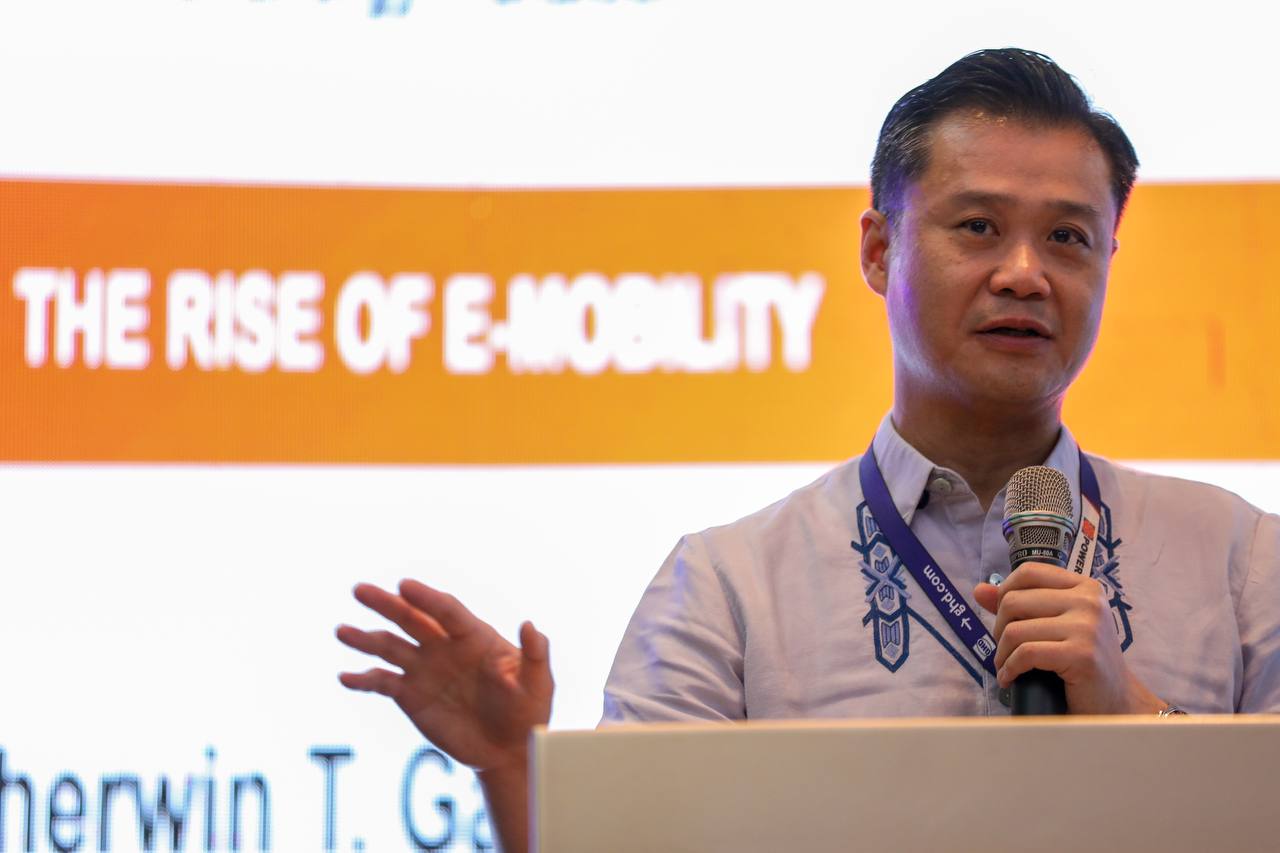Senator Win Gatchalian, the principal author of the Electric Vehicle Industry Development Act (EVIDA), said the short-term suspension of tariffs on electric vehicles (EVs) is necessary to support the development of the industry.

The President signed in January Executive Order No. 12, which removed tariffs on electric vehicles (EVs) in a bid to lower EV prices and make them more affordable to local consumers. The tariff suspension, which will last for 5 years, is intended to increase the adoption of EV usage and reduce carbon emissions.
“The short-term protection will give time for local manufacturers to transition to e-vehicles,” Gatchalian emphasized.
“We expect that tariff exemption of EVs will lead the country to usher in an EV ecosystem that is vibrant, responsive, and dynamic,” he added.
The tariff suspension, however, will not cover 2-wheeled electric motorcycles in a bid to protect local manufacturers of tricycles. Specifically, only kick scooters, self-balancing cycles, bicycles, and pocket motorcycles with auxiliary motors not exceeding 250 watts and with a maximum speed of 25 kilometers per hour have zero percent import duties while electric motorcycles are still subject to a 30% tariff rate.
According to Gatchalian, he understands the reason behind the exemption from tariff suspension of 2-wheel motorcycles as this would protect local manufacturers of tricycles and enable the local manufacturing industry to develop.
“I am confident that the exemption on 2-wheel motorcycles will provide appropriate support for local manufacturers of tricycles,” Gatchalian said, noting that tricycles continue to be a popular mode of transportation for many Filipinos across the country.
Enacted into law last year, the EVIDA law is aimed at setting up the country to become a regional hub for EV production and assembly, incentivizing manufacturers, suppliers as well as buyers of EVs. The law also provides for the establishment of the National Electric Vehicle Development Plan, which outlines the goals and strategies of the Philippines’ EV industry development.


